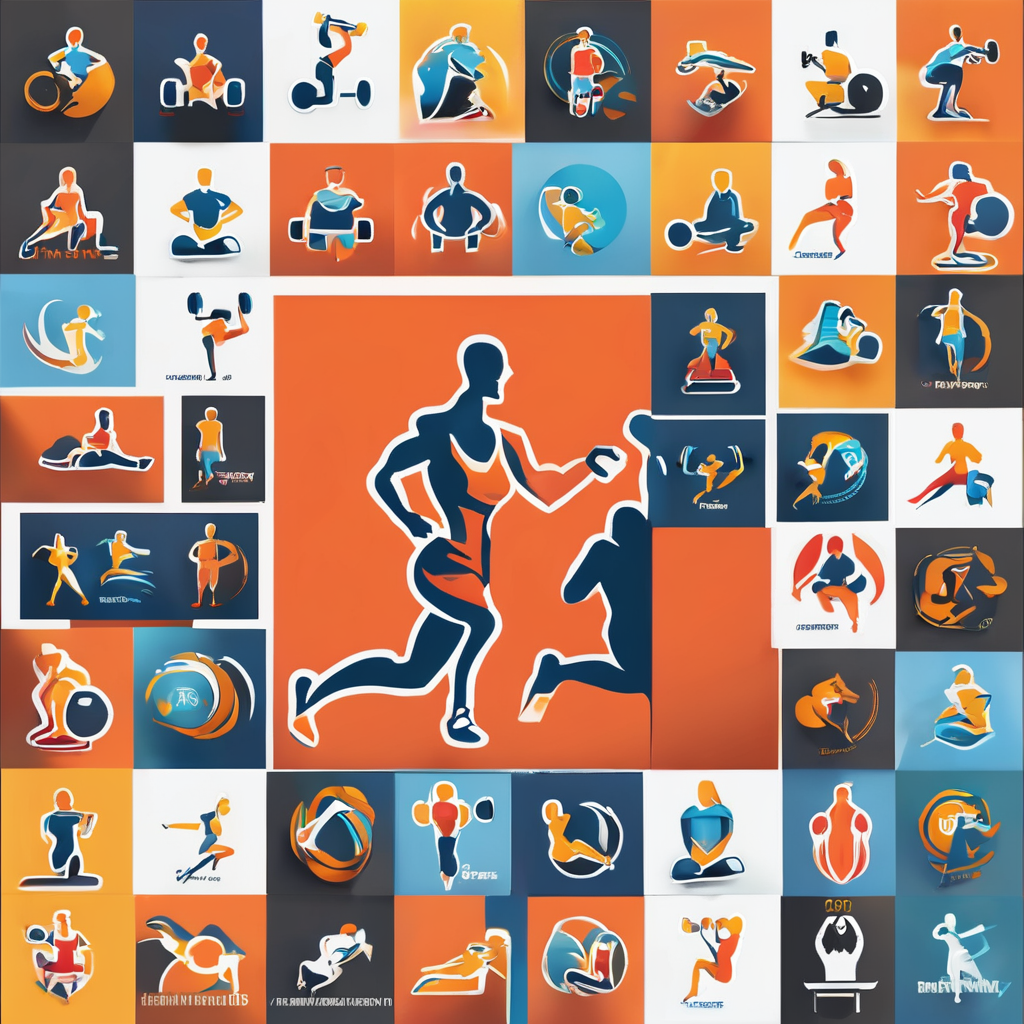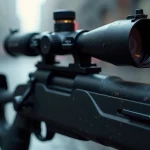Understanding the Off-Season in Martial Arts
The off-season in martial arts serves as a pivotal period for practitioners to focus on personal development and hone their skills without the pressure of competitions. It is a common misconception that this phase is solely for rest. Instead, off-season training offers a valuable opportunity for martial artists to engage in activities that promote overall growth and discipline. During this time, martial artists can reflect on their strengths and weaknesses, setting personalized goals for the upcoming season.
Importance of Off-Season Training
Off-season training plays an essential role in maintaining and enhancing one’s martial arts discipline. It allows practitioners to develop physical and mental aspects, ensuring they remain competitive and motivated. Without the immediate demands of tournaments, martial artists can experiment with different training routines that contribute to skill improvement and physical conditioning.
In the same genre : Unlocking Mental Clarity: How UK Martial Artists Harness Meditation to Sharpen Focus and Ease Anxiety
Common Misconceptions
There is often a misunderstanding that the off-season is synonymous with periods of inactivity. On the contrary, personal development during this time is crucial. Practitioners focus on refining techniques, enhancing their understanding of martial arts, and establishing a steady routine of off-season training to remain in peak condition.
In essence, the off-season is an integral part of a martial artist’s journey, promoting continuous growth and the mastery of one’s craft.
In the same genre : Crafting the Ultimate Global Travel Blueprint for UK Fighters: Your Comprehensive Guide
Training Strategies for the Off-Season
Off-season in martial arts provides the perfect opportunity to focus on training techniques that enhance skill and build robust physical conditioning. A well-structured off-season program allows practitioners to address areas needing improvement while embracing new methods to boost their martial arts proficiency.
Strength and Conditioning Routines
Incorporating strength and conditioning routines is essential during the off-season. Martial artists aim to develop balanced strength through tailored workouts including weight training, bodyweight exercises, and cardiovascular activities. These routines build endurance, power, and agility, creating a solid physical foundation for the competitive season.
Flexibility and Mobility Training
Flexibility and mobility are crucial components of physical conditioning. Martial artists often integrate practices such as yoga and specialized stretching exercises into their routine. These activities not only increase range of motion but also reduce injury risk, ensuring practitioners remain agile and resilient.
Skill Refinement Practices
Emphasis on skill improvement is a hallmark of off-season training. By revisiting fundamental techniques and experimenting with advanced moves, martial artists refine their abilities and increase tactical versatility. Focused, deliberate practice sessions allow practitioners to perfect forms and sequences, elevating their martial arts discipline and facilitating personal development.
Mindset and Discipline in Off-Season Training
Understanding the importance of a martial arts mindset is crucial during off-season training. The off-season offers martial artists an invaluable period for cultivating discipline and maintaining focus. Techniques to sustain motivation are essential, such as setting specific personal goals and visualising success. This approach helps bridge the gap between aspirations and achievements.
Techniques to Maintain Motivation
The off-season is an opportunity to explore new discipline techniques. Practitioners can use strategies like positive reinforcement and rewards for meeting milestones. Journaling progress can also keep motivation levels high, offering clarity on growth and areas for improvement.
The Role of Mental Resilience
Mental resilience is a vital component of martial arts training. It involves building the capacity to recover from setbacks and challenges that may occur during the off-season. Practitioners often engage in mindfulness practices and meditation to enhance mental toughness. Such exercises help manage stress and maintain a balanced mindset, crucial for tackling future competitions.
Strategies for Self-Discipline and Accountability
Self-discipline is paramount in martial arts. Developing a routine that incorporates regular practice times and specific focuses can help maintain consistency. Accountability is boosted through regular check-ins with training partners or coaches, ensuring that goals set during the off-season are diligently pursued.
Examples of Effective Off-Season Routines
The off-season is an ideal time for martial artists to explore innovative routines and enhance their discipline. Learning from others’ approaches can provide valuable insights into structuring an effective off-season training regimen.
Interviews with UK Martial Artists
In-depth interviews with prominent UK martial artists highlight the unique ways they utilise their off-season. Many emphasise tailored training schedules that cater to personal goals and discipline requirements. These insights from experienced practitioners can serve as a guide to creating a balanced and effective regime.
Sample Training Routines
Crafting a sample training routine is essential for achieving desired outcomes. A typical week might include elements such as focused gym sessions for strength building, followed by flexibility practices like yoga. Adding regular sparring or technique drills fosters skill enhancement. Scheduled rest days are also crucial for recovery, ensuring sustained progress.
Adapting Techniques from Different Martial Arts Styles
Integrating techniques from a range of martial arts can offer a comprehensive approach to skill refinement. Exploring styles like Judo, Brazilian Jiu-Jitsu, or Taekwondo can expand a practitioner’s repertoire, improving adaptability in the ring. This adaptability contributes to a more well-rounded martial arts discipline, enriching one’s personal development during the off-season.
Importance of Community and Support
In martial arts, the off-season is an excellent time to leverage the benefits of a strong community and effective support systems. Training partners play a critical role in maintaining motivation and ensuring consistent progress. They can provide immediate feedback, share experiences, and push one beyond comfort zones, enhancing the overall training experience.
A well-built support system contributes positively to one’s martial arts discipline. It acts as a backbone, offering encouragement and keeping practitioners accountable for their off-season goals. This network can include coaches, fellow martial artists, and even family members who understand the journey and challenges involved.
Engaging in group activities can also significantly impact motivation levels. Whether through sparring, joint workouts, or community events, being part of a group can make training more enjoyable and sustainable. These collective experiences foster camaraderie and provide a platform for shared learning and personal development.
Undoubtedly, having a community enhances the martial arts experience during the off-season. It transforms an individual’s journey into a collaborative effort, building resilience and ensuring that practitioners remain committed to their aspirations. Whether practising in a dojo or conversing with peers online, the support of a community can be invaluable.



